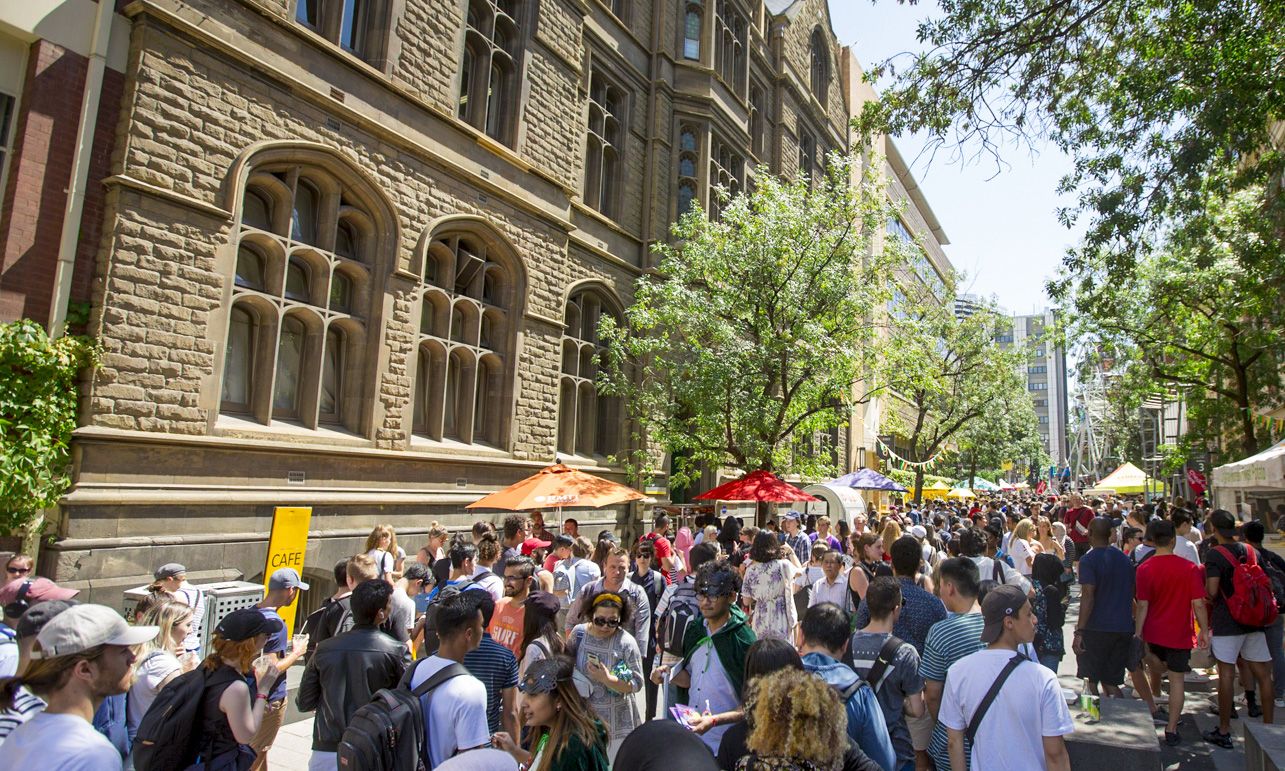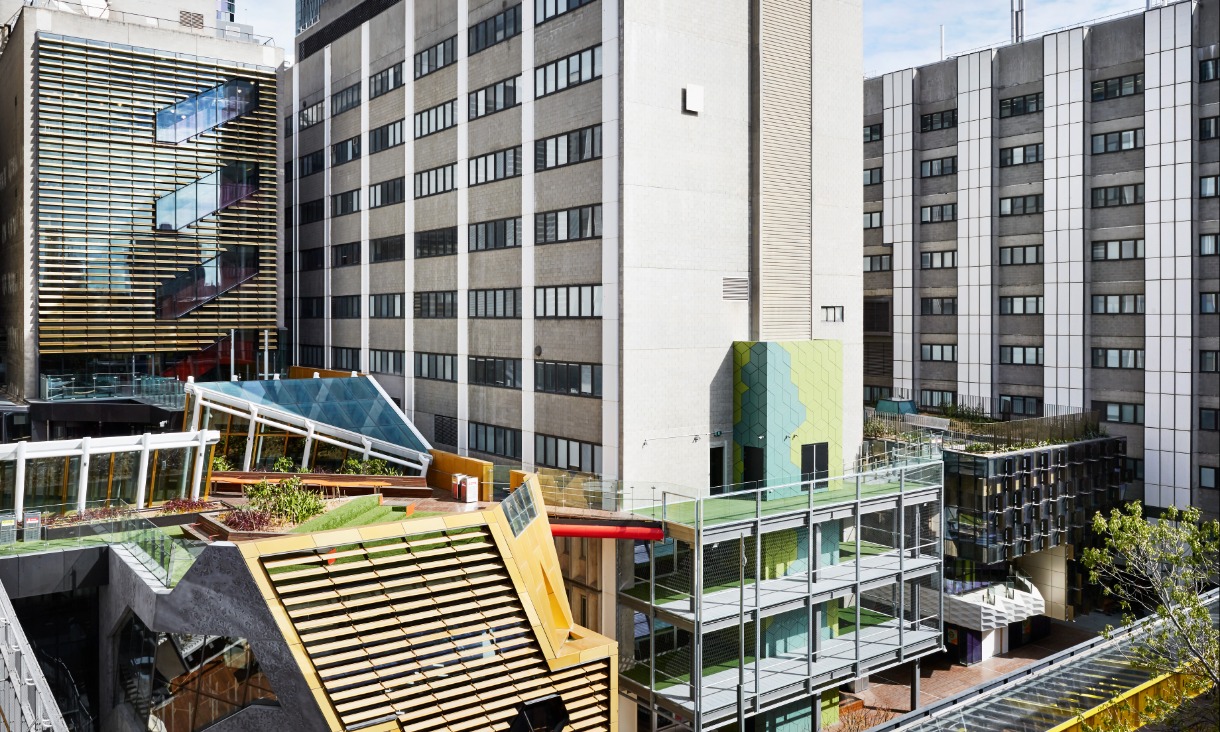The University has consolidated its position in the 301-400 band for the second consecutive year, after leaping ahead from the 401-500 band in 2017. This moves RMIT to an estimated rank of 354, up 16 places compared to 370 in 2018.
Deputy Vice-Chancellor for Research and Innovation and Vice-President, Professor Calum Drummond, said the results reflect RMIT’s focus on intensifying research and innovation that directly benefits society and its strong industry connections.
“As a University that has a proud history of industry connectivity we pursue research that will truly advance and benefit our society in a rapidly changing world.
“Whether it’s improving economic prosperity, being responsible custodians of the environment or ensuring a more just and inclusive society, our multidisciplinary research and collaborative approach is geared to make a real difference.
“We are continuing to invest in outstanding facilities and systems to support our academics as they conduct world-leading research. It’s an exciting time to be a part of the RMIT community.”
This is the fourth consecutive year that RMIT has been ranked in ARWU’s top 500.
Approximately 1,800 universities are ranked in the ARWU each year out of more than 15,000 institutions globally, with the best 1,000 universities published.
ARWU uses six objective indicators to rank world universities, including the number of alumni and staff winning Nobel Prizes and Fields Medals; highly cited researchers selected by Clarivate Analytics; articles published in Nature and Science; articles indexed in Sciences Citation Index Expanded and Social Sciences Citation Index; and per capita performance.
This latest ranking improvement follows the recent release of the Shanghai Ranking Global Ranking of Academic Subjects (GRAS) where RMIT had three subjects listed in the top 100 and another 11 in the 101-200 band. In the Leiden Ranking, which ranks the world’s top research intensive universities, the University has also continued to improve year on year in both Impact and Collaboration metrics.
Story: Kate Milkins and Angel Calderon




